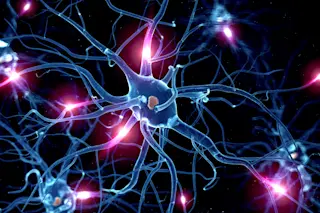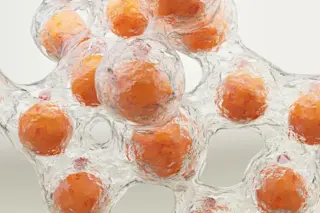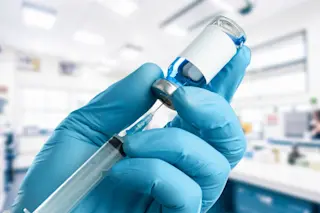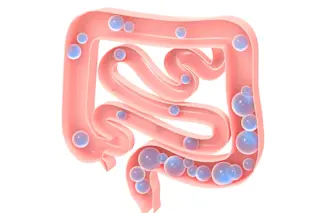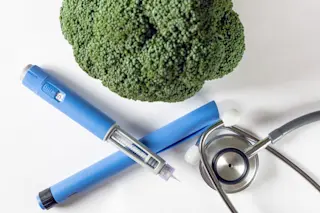(Credit: Sebastian Kaulitzki/Shutterstock)When it comes to studying cocaine addiction, one group of researchers has stomach acid on their brains. In a paper published Thursday in PLOS Biology, researchers find that a surgery that diverts some bile acid into the bloodstream seems to cut back cravings among mice with a cocaine habit. It’s a nifty angle on a pernicious problem, but it’s also another piece of evidence that bile acid, a compound produced by our digestive systems to help break down fats, also plays an important, though little-researched, role in the way we think. That’s because when I said the researchers have bile acid on the brain, I meant it literally. Most bile acid remains within the digestive system, cycling from liver to gall bladder to small intestine. But, a small amount will make it into the bloodstream, and eventually, to the brain. Research in recent years has shown that bile ...
How A Stomach Acid Could Help Cure Cocaine Addiction
Research reveals a link between bile acid and cocaine addiction, showing how bile acids reduce cravings by influencing the brain's reward system.
More on Discover
Stay Curious
SubscribeTo The Magazine
Save up to 40% off the cover price when you subscribe to Discover magazine.
Subscribe

